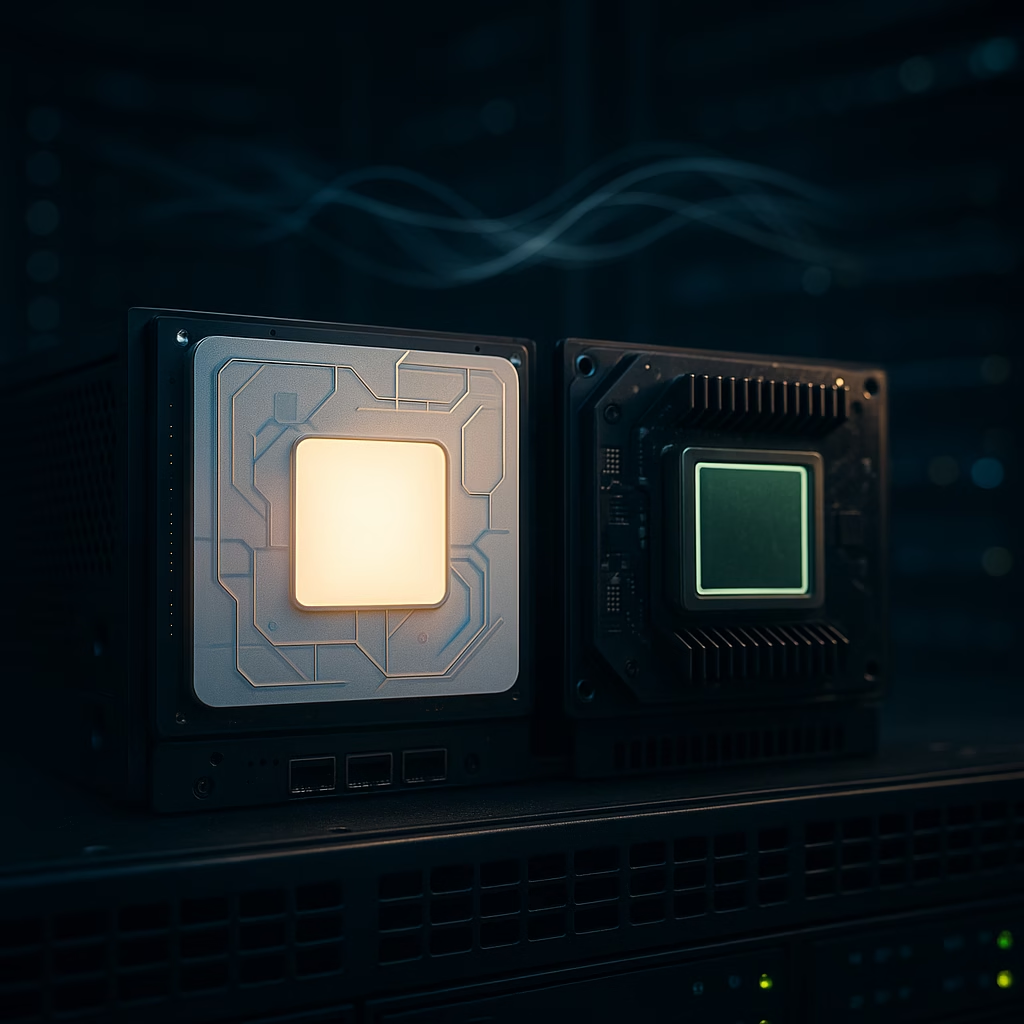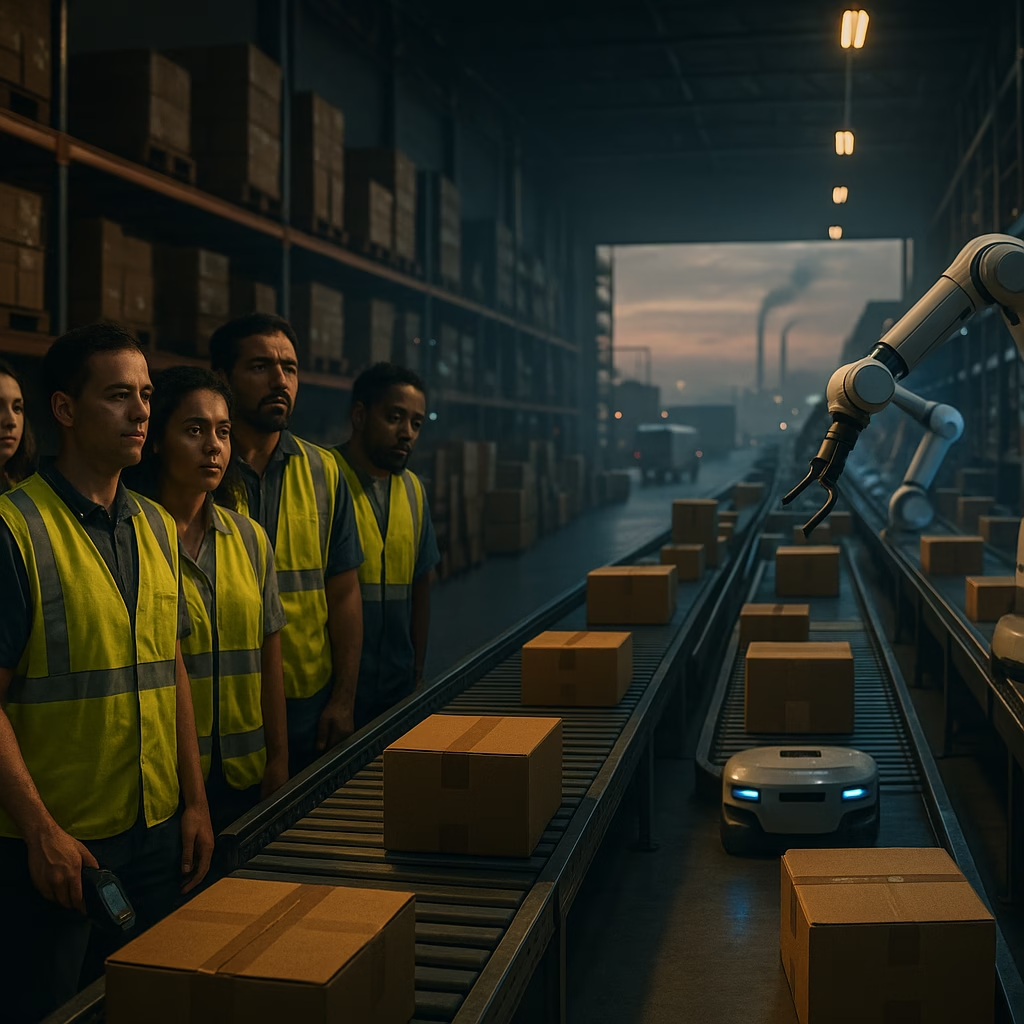AI Might Not Be Taking Your Programming Job Just Yet, Says Microsoft Research
Introduction: AI and the Future of Software Development
As generative AI tools such as GitHub Copilot, ChatGPT, and Google Bard become smarter and more widely adopted, a looming question grows louder in the tech industry: Will AI take over programming jobs? According to a recent study by Microsoft Research, the answer—at least for the foreseeable future—is: probably not.
In a landscape rife with automation anxieties, this study offers a refreshing and data-backed perspective, arguing that while AI can provide meaningful assistance, it’s still far from replacing skilled human developers. In this article, we’ll unpack Microsoft Research’s findings, explore what this means for developers, and provide insights on how programmers can future-proof their careers.
Microsoft’s Research: The Premise
Microsoft Research, one of the world’s leading research institutions in artificial intelligence, conducted a comprehensive study to evaluate the practical capabilities of generative AI in real-world programming tasks. Instead of just examining AI’s ability to generate code snippets, the team designed their study to reflect more authentic software engineering workflows.
Key Study Insights:
- AI-generated code is helpful but often incomplete or incorrect.
- Human oversight is still essential to ensure functionality and optimize results.
- In more complex tasks, humans consistently outperformed AI tools.
- AI tools showed value in boosting productivity for experienced developers.
Why AI Isn’t Replacing Programmers Yet
Despite the increasing hype around AI-powered programming tools, the study found clear limitations in the current capabilities of large language models (LLMs). Here are a few reasons why AI is still not ready to go solo:
1. AI Struggles with Multi-Step Tasks
Microsoft’s study tested AI systems like GitHub Copilot and similar tools with tasks that required not just code generation but also multi-step reasoning, such as fixing bugs, updating legacy systems, and writing tests. The results indicated that AI systems frequently failed in these high-context environments.
- Tools often missed steps or misunderstood the overall goal.
- They had trouble maintaining consistency across multiple files.
- Generated solutions required heavy human intervention and debugging.
2. Limited Real-World Understanding
AI tools rely on training data sourced from public repositories, which may not include nuanced or proprietary practices from specific companies. As a result:
- AI lacks domain-specific context.
- It struggles with unique business logic or internal frameworks.
- Generated code may not align with team coding standards or architecture.
3. Inadequate in Debugging and Maintenance
The study demonstrated that while generative AI can churn out new code, it does a poor job when it comes to debugging and maintaining existing codebases. In real-world programming, debugging is a core part of the job. AI still has a long way to go in this area.
4. Developers Don’t Just Write Code
It’s worth noting that software developers do more than write lines of code. They also:
- Discuss requirements with stakeholders
- Design scalable system architecture
- Ensure security and compliance
- Collaborate on code reviews and agile processes
All of these tasks require human intuition, collaboration, and critical thinking—things AI tools currently can’t replicate.
The Value AI Tools Actually Provide
So what role does AI play in programming today? If not replacing jobs, what is it doing? According to the Microsoft Research study, AI tools shine when used as augmented programming assistants.
How Developers Are Using AI Effectively
- Automating boilerplate code: AI can quickly produce basic templates and repeatable code.
- Accelerating routine tasks: Tasks like writing unit tests or simple functions can be accomplished more efficiently with AI assistance.
- Learning new APIs: Developers can query AI to understand unfamiliar libraries or languages.
This supportive role aligns with a concept Microsoft calls “human-in-the-loop” programming, where machines enhance productivity without replacing the vital creativity and decision-making of programmers.
Trust and Responsibility: Why Human Oversight is Non-Negotiable
Another key takeaway from Microsoft’s study is that AI-generated code can often appear convincing even when it’s incorrect. This risk becomes significant in environments where even small bugs can have major security or functional implications.
As trusting AI tools becomes more common, critical thinking and code review become more essential than ever. Developers need to:
- Vet AI-suggested code for security vulnerabilities
- Ensure generated logic aligns with business rules
- Verify output doesn’t infringe upon licensing or IP terms
These checkpoints highlight the continuing importance of an experienced human in the loop.
Implications for the Programming Workforce
As AI tools become more sophisticated, developers need to adapt—but not panic. Rather than making programmers obsolete, AI is shifting the skills that are most in demand.
Skills That Will Remain Important:
- Problem-solving and critical thinking
- Understanding software architecture
- Team collaboration and communication
- Code reviews and quality assurance
- Talent in debugging and refactoring
New Skills to Consider:
- Prompt engineering: Crafting effective prompts to utilize AI tools efficiently
- AI tool integration: Configuring AI tools into CI/CD and existing development environments
- Understanding the limitations of AI: Knowing when not to trust it
Conclusion: AI is a Tool, Not a Replacement
Microsoft Research’s study serves as a balanced look at the intersection of AI and programming. Yes, AI tools can significantly enhance productivity and streamline certain coding tasks—but they’re far from ready to replace human expertise. In fact, the most valuable programmers in the coming years may be those who best understand how to harness AI’s potential without over-relying on it.
Key Takeaways:
- AI tools are valuable assistants but require human supervision.
- Complex tasks, debugging, and contextual understanding remain human-dominated territories.
- Programmers should embrace AI to enhance their output, not fear its presence.
So to all developers out there: Keep coding, keep learning, and start mastering AI as a partner, not a competitor—your job is still safe, for now.
Stay Ahead in the AI Era
Want to stay updated on the latest in AI and software development trends? Subscribe to our newsletter and get curated insights every week.
Now is the best time to future-proof your programming skills and become a developer who thrives alongside AI, not in spite of it.< lang="en">







Leave a Reply